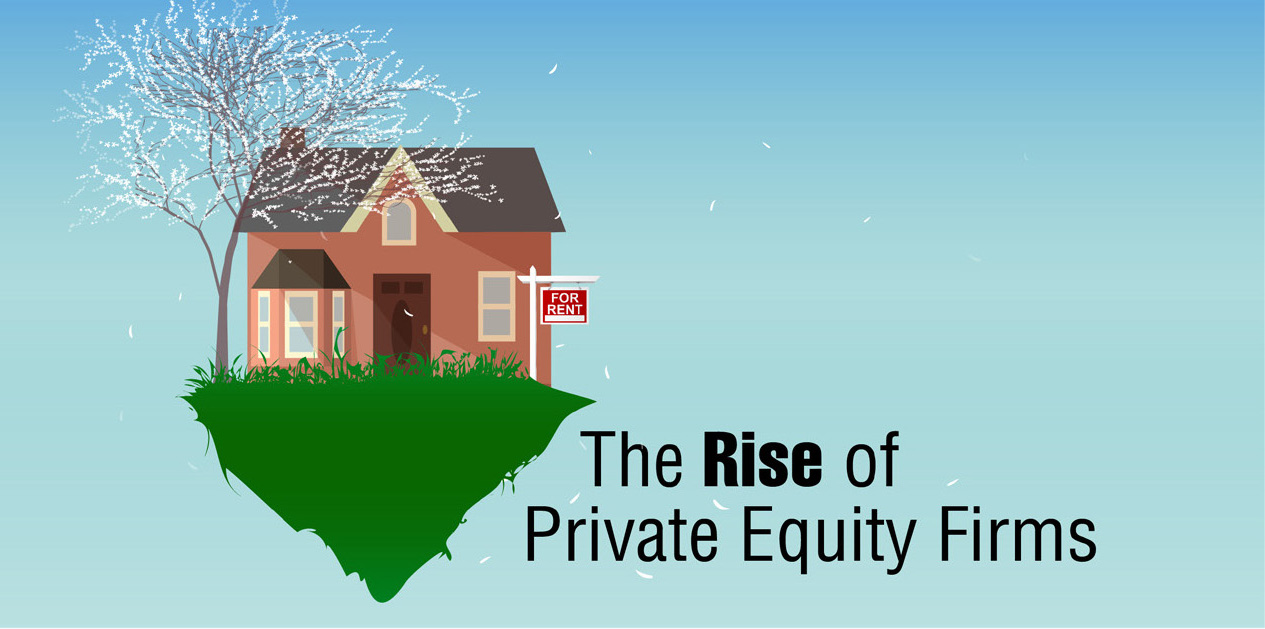Spring has come which means soft pastels, light cardigans and pretty sandals. With a busy schedule balancing open houses, long commutes, and time at the office, you should aim for outfits that are fashionable yet functional and comfortable. Check out NAWRB’s list of must-haves for spring 2015.

Know an Incredible Woman Preserving the
Quality of Life During COVID-19?
Submit your story today!
Read More

Consulting & Branding Opportunities
Grant your business access to insider,
proven knowledge to improve the quality of your procured
services and maximize business performance.

If you need D&I
Contact Us!
A Team Focused on Bring Diversity and Inclusion to Every Level
Learn More

#1 Top Real Estate Influencer
Desiree Patno
Diversity & Inclusion, Quality of Life, Know the Rules of the Game ®
Your Next Event
Grow Your Business
NAWRB: An SBA Resource
NAWRB is listed as a women-owned business resource for the SBA.
Check It Out
NAWRB Aging Population
Help Protect Elders
from Financial Abuse
Over $36.5 billion a year is lost annually in the U.S.
Prevent Financial Abuse

Women's Homeownership:
Dream. Stability. Sanctuary.
Life often presents us
with unplanned disruptions.

AI Technology
with
a Human Touch
Is
The Perfect Balance


NAWRB Women's Global Resource Center
A women’s depository for vendors & clients to grow their diverse spend & increase women’s employment at all levels within the housing ecosystem.

Monthly Archives: March 2015
5 Business Tips To Help You Succeed
Everyone has different ways of doing business, which makes sense considering we’re all unique individuals. But there are some tips that seem to be universal when it comes to producing successful results. Check out the following tips to help your business grow.
John Landy: Choosing the Right Insurance
What Decreasing Mortgage Rates Mean For You
Mortgage rates are going further and further down and if you’re a real estate agent, you may be in luck as the reduction in mortgage rates may mean more people will be buying homes.
Agents: Closing Gifts for a Lasting Impression
The process of buying a home can be stressful for many buyers, especially first time home buyers. Luckily, real estate agents have the expertise to help clients navigate the process to find their perfect home. The constant interaction between buyers and agents can also result in the formation of strong bonds. What better way to cement your friendship and business relationship with your client than with a small closing gift?
The Rise of Private Equity Firms




The Unique Bank that Offers Women-Owned Business Financing
Some banks are actively promoting access to capital for women-owned businesses and using their resources to help move them forward. One of those banks is Wells Fargo. Wells Fargo made a commitment to lend $55 billion to women-owned businesses in the United States by the year 2020. Since 1995, Wells Fargo has lent over $38 billion dollars to women-owned businesses. In addition to the cumulative lending goal, Wells Fargo supports numerous outreach efforts to build relationships with women business owners and help them succeed financially. For women-owned businesses, Wells Fargo offers banking, payroll, business loans and lines of credit, insurance, credit cards, merchant services, online resources, and retirement planning.
“Wells Fargo Has Made A Commitment To Raise $55 Billion For Women-Owned Businesses In The United States By The Year 2020.”
Ocwen in Hot Water Once Again
Ocwen Financial Corp. released a statement today that it will be selling $25 billion in residential mortgage servicing rights. These loans are held by Fannie Mae and Freddie Mac and are being sold to Nationstar Mortgage Holdings—a mortgage servicer located in Dallas, Texas.
Freddie Mac Sells $1 Billion In Delinquent Loans
In early February, we wrote about the $410 million of delinquent mortgage loans auctioned off by Freddie Mac. Well now Freddie Mac is at it again, this time selling $1 billion in delinquent loans. Similar to the previously auctioned loans, the delinquent loans are divided into three pools.
Reaction To The House Republican 2016 Proposed Budget
As the House Republican 2016 proposed budget was unveiled on Tuesday, there has been a great deal of opposition as well as backing for it by different parties. Depending upon whether you are a Democrat or a Republican, your feelings and beliefs about the new proposed budget will differ greatly.

 Login
Login













